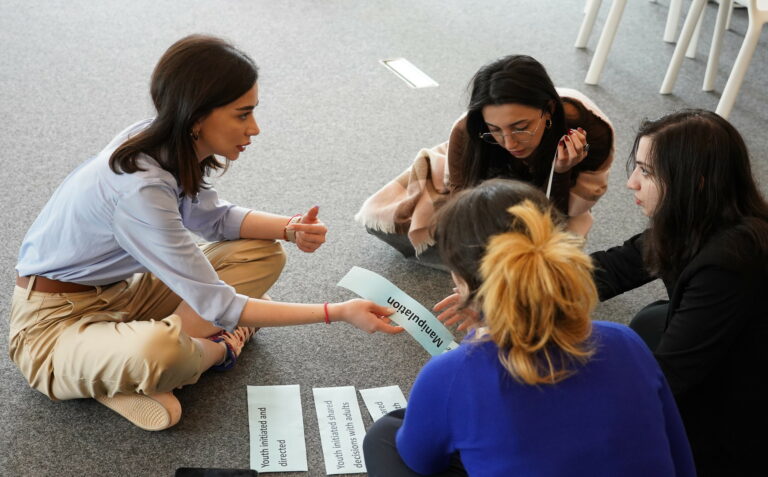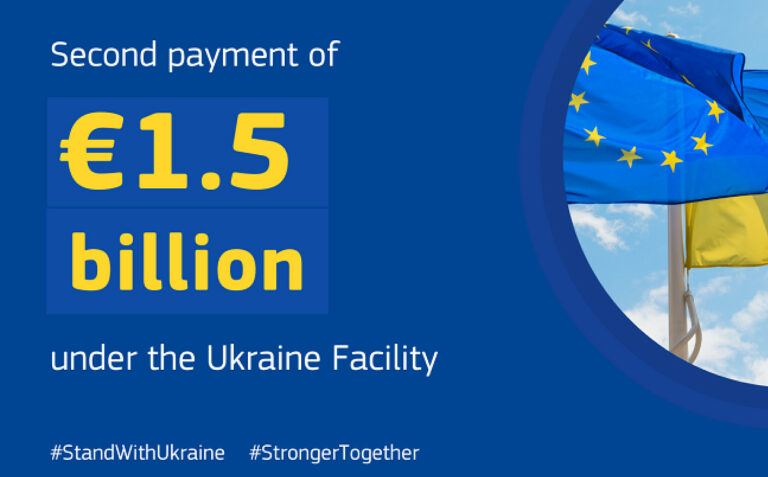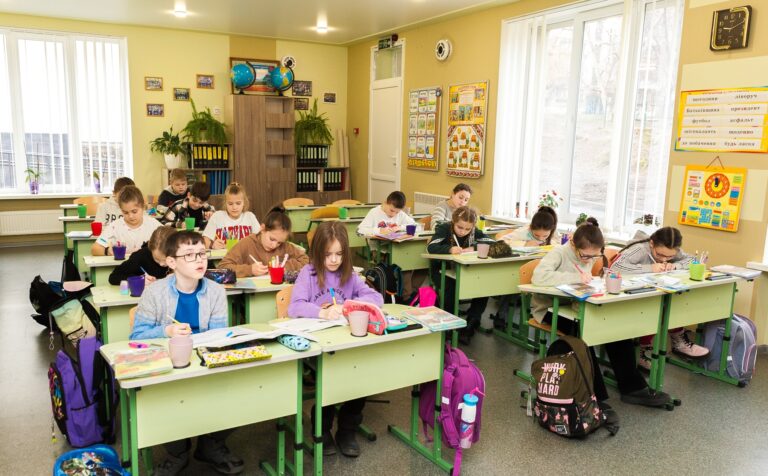
EU experts: Russian army using banned cluster munitions against civilians and infrastructure in Ukraine
The Russian army is using prohibited cluster munitions against civilians and infrastructure in Ukraine, according to legal experts from one of the EU projects in Ukraine.
Such bombs detonate sub-munitions in the air and hit large areas. In addition, they can explode after some time.
On 19 April, massive shelling of Zelenodolsk in Dnipropetrovsk region resulted in damage to a multi-storey residential building, a school, agricultural equipment and a children’s playground.
The same non-exclusive cases occurred in Kharkiv, Mykolaiv, Kyiv, Zaporizhzhya, Kherson, Donetsk, Luhansk and other regions.
“Such actions are blatant violations of international humanitarian law, namely the Convention on Cluster Munitions,” the legal experts say. “There must be no impunity for atrocity crimes committed by Russia in Ukraine. The EU supports efforts in this regard, helping to document and investigate violations.”
This month, the EU Delegation to Ukraine has started a series of publications highlighting international crimes committed by Russia in Ukraine.
Find out more
MOST READ
SEE ALSO

EU4Youth Alumni Network hosts IdeaLab in Tbilisi

EU4Youth IV: Strategy of the All-Ukrainian Youth Center presented in Kyiv

European Commission disburses additional €1.5 billion in bridge financing to Ukraine

EU4DigitalUA: EU presents results of project supporting Ukraine’s digital transformation

Kamianske school in Ukraine reopens after EIB-supported reconstruction
More campaign pages:
Interested in the latest news and opportunities?
This website is managed by the EU-funded Regional Communication Programme for the Eastern Neighbourhood ('EU NEIGHBOURS east’), which complements and supports the communication of the Delegations of the European Union in the Eastern partner countries, and works under the guidance of the European Commission’s Directorate-General for Neighbourhood Policy and Enlargement Negotiations, and the European External Action Service. EU NEIGHBOURS east is implemented by a GOPA PACE-led consortium. It is part of the larger Neighbourhood Communication Programme (2020-2024) for the EU's Eastern and Southern Neighbourhood, which also includes 'EU NEIGHBOURS south’ project that runs the EU Neighbours portal.

The information on this site is subject to a Disclaimer and Protection of personal data. © European Union,







